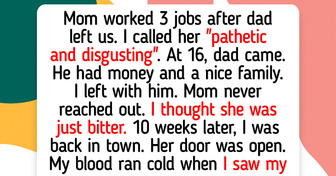Anne you sound like an absolute delight! Stepping intro the space of s mother carrying an infant and reacting with such massive aggression is... unhealthy! I would have said 'I'm sorry but I got here first' then walked away. You reached like a roidhead gym bro! So much so I was stunned to see a female name at the bottom. You didn't have to give up the parking spot if you were genuinely there first and your blinker was flashing first. You should have not behaved like that! Jeez! Calm yourself and maybe get your hormone levels checked by your doctor because that's really not normal!
I Didn’t Give Up My Parking Spot to a Mom With an Infant — I Served Her a Reality Check
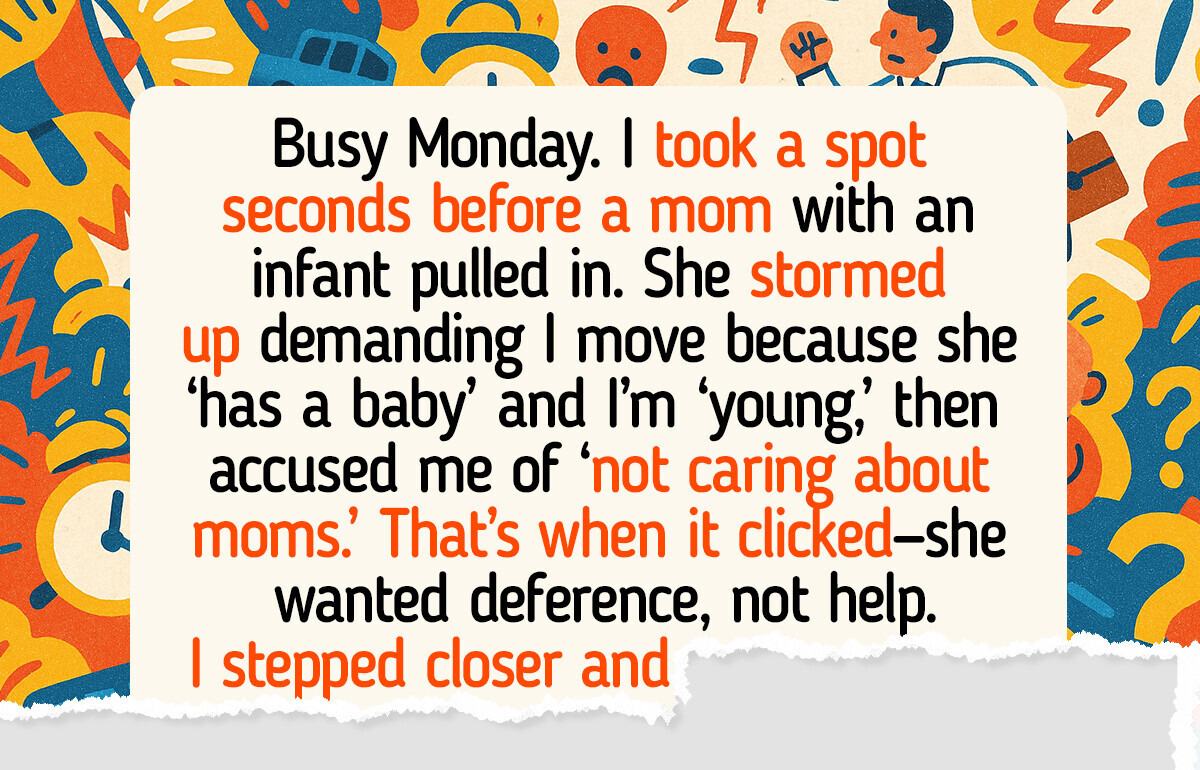
We all know parking lots bring out the worst in people, but this story takes the cake. One of our readers wrote in about a mom who tried to claim a spot using the ultimate trump card: “I have a baby.”
The letter:
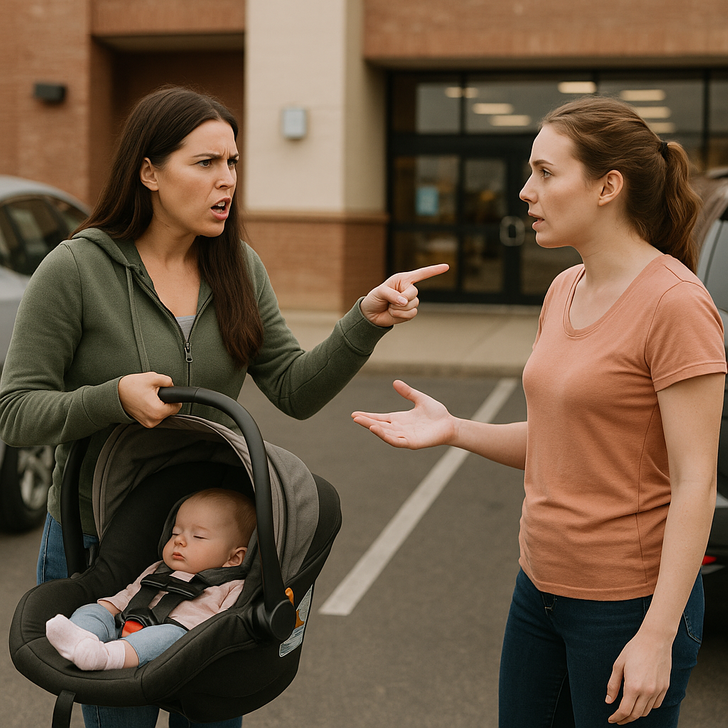
I pulled into the parking lot on a packed Monday afternoon and spotted a car backing out close to the entrance. I flipped my blinker on and slid into the spot. Another car appeared at the same time — a mom with an infant in a carrier — but I was there literally seconds earlier.
Before I could even close my door, she marched up to me.
“Seriously? I was going to take that spot,” she snapped. “I have a baby.”
I said calmly, “We pulled in at the same time. I was a little faster. That’s how parking works.”
Apparently, that was unacceptable.
“You should’ve let me have it. I’m carrying an infant,” she barked. “You’re young and healthy — you can walk.”
Then she tried guilt-tripping me: “I guess you don’t care about mothers struggling.”
That’s when the switch flipped. She didn’t want help — she wanted the universe to revolve around her because she reproduced.
Oh.
So now childless people are second-class citizens?
I stepped closer and said, “Your baby isn’t a parking pass. You’re not royalty. You don’t get special privileges just because you reproduced.”
She froze. I added, “If having a baby makes everyday life this impossible for you, maybe the problem isn’t the parking spot. Maybe it’s that you weren’t ready for the responsibility you keep demanding everyone else carry for you.”
She looked like I smacked her with a diaper bag.
A couple walking by literally stopped to stare.
She muttered something angry, hiked her infant carrier up, and stormed off to a spot thirty seconds farther away — still fuming.
I didn’t give up my parking spot.
And the lesson she walked away with?
The world doesn’t adjust itself for you just because you had a baby.
Sincerely,
Ann
Setting Healthy, Respectful Boundaries
We talk a lot about manners — please, thank you, eye contact — but real manners go deeper than social niceties. They’re boundaries are delivered with kindness. Manners are no less important than laws. They quietly shape how we treat one another, guiding families, friendships, and entire communities.
Boundaries aren’t barricades; they’re gentle lines that say, “This is how I expect to be treated.” And like good manners, they make life smoother, safer, and far more respectful for everyone.

Why Boundaries Matter
Boundaries are the way we protect our time, energy, and emotional well-being. They create a sense of safety and help people understand how to treat us. When others know where our limits are, there’s less confusion, fewer hurt feelings, and far less resentment.
Boundaries aren’t about controlling anyone — they’re about being honest. They show people what matters to us and how we want to interact.
How to Set Boundaries Gracefully
You don’t have to be cold or confrontational to stand firm. The most effective boundaries are expressed with warmth and clarity. Here’s how to do it:
- Be gentle but direct. Keep your tone calm and your message simple.
- Speak up early. Don’t wait until irritation builds.
- Listen as well. Boundaries are healthier when both sides feel heard.
- Respect their needs too. You can say “no” without dismissing someone.
- Be honest. If something isn’t working for you, say so kindly and clearly.
- Example: If your sister is always late, instead of silently stewing, try:
“When you’re late, it throws off my day. Can we pick a time that works better for both of us?”
If a neighbor keeps steering conversations into gossip, gently redirect or say:
“I’d rather not talk about other people.”

Recognizing When You Need a Boundary
You’ll know you’ve crossed your own limits when something feels “off.” Maybe you’re tense after a certain conversation or your gut says, “This doesn’t feel right.”
That discomfort is a sign — your values are being nudged.
Boundaries often reveal themselves in those moments. Pay attention to them; they’re your emotional compass.
The Beauty of Respectful Boundaries
Setting boundaries isn’t selfish — it’s self-respect.
It keeps your mind clear, your relationships honest, and your conscience calm. When you honor your own limits, people learn how to honor you too.
Boundaries built on kindness don’t push people away; they bring healthier, more respectful connections closer.
Comments
Related Reads
I Refuse to Let My DIL Eat My Groceries—She Needs to Pay
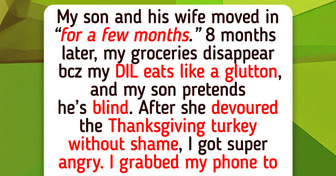
I Refuse to Hand My Retirement Fund to My Daughter—I’m Not Responsible for Her Adult Failures
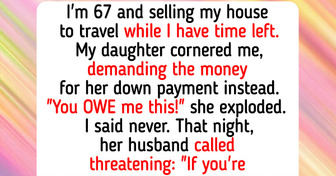
12 Stories Where Kindness Was the Small Door Out of a Personal Hell
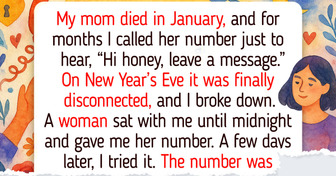
10 Powerful Stories That Show Kindness Always Finds Its Way Back
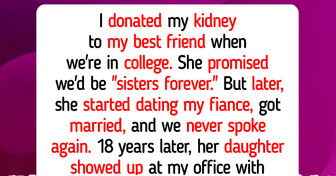
I Refuse to Be the Villain When My Boss Is the Real Time Thief
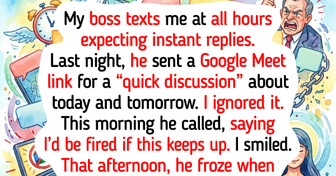
15 Moments That Prove Quiet Kindness Doesn’t Break, Even When We Do
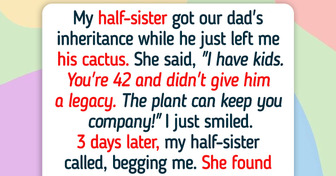
15 Success Moments From Strangers That Deserve All the Golden Buzzers in the World
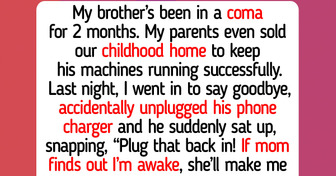
15 Moments That Show Kindness Is Quiet but Changes Everything

I Refused to Train My New Colleague for Free, I’m Not a Charity
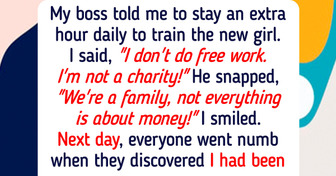
I Refuse to Be My Brother’s ATM Anymore—The Revenge He Planned Was Sick
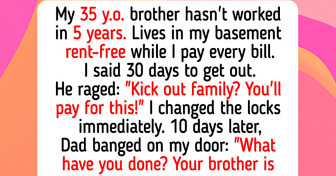
My Family Always Prioritized My Sister—Then Expected Me to Help Them With Medical Bills
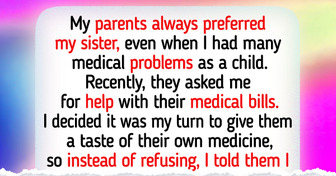
15 Moments That Prove Kindness Holds Strong When Life Hits Hard
